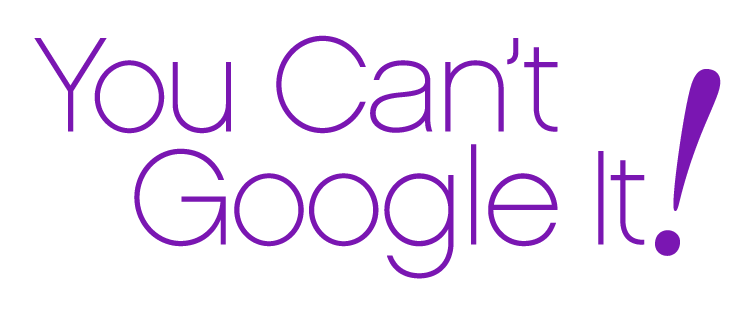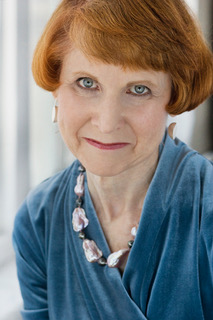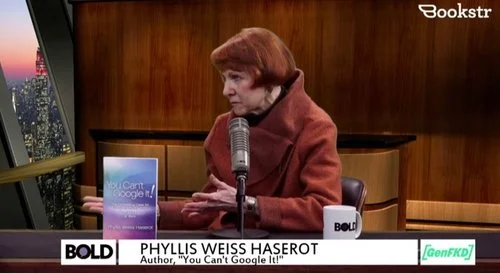Do You Think Sixth Graders Need Their Own Version of LinkedIn?
/by Phyllis Weiss Haserot
There seems no end to the continual development and release of new digital platforms to connect and promote ourselves online. Most career-oriented people are by now convinced they must have profiles posted and participate. But 6th graders?
A new digital platform called trovvit (as in treasure trove), developed by a Brooklyn father of two, lets students as young as 6th-graders post their accomplishments and passions with videos, audios and text. Invitations work a lot like LinkedIn, and the company claims strong parent and privacy controls for kids under 14.
The Wall Street Journal Greater New York section ran a story about #trovvit being tested in the affluent suburb of Harrington Park, NJ (2/16/18) for 6th-8th graders in the school district. It’s one of 10 school districts testing the platform at no charge.
Arguments for it by developers and proponents: A way to showcase a more vivid, holistic view of a student beyond test scores and GPA. Some college admissions officers are looking for a more holistic view of a student’s talents. It’s a useful recordkeeping device. It is a way to connect students and help them explore their own interests rather than be pigeonholed in conventional paths.
Arguments against: Some parents think such apps are a way to push admissions anxieties and self-promotion to ever younger ages. One of the company’s slogans is “Toot your own horn.”
The seduction of self-promotion has been documented, with addiction to Instagram and constantly taking selfies by teenagers for several years. Issues of mental health have been raised. Backlash has set in to some extent, but once these technologies get embedded, it’s difficult to go back to life without them. Yet there is an argument for these platforms’ usefulness in today’s competitive, sharing everything world where often more pressure comes from parents’ buy-in to it than schools and employers.
Please comment below or in the LinkedIn Cross-Generational Conversation Group. (Yes, I’m in favor of LinkedIn for adults and college students, and active myself).
Are digital self-promotion platforms for middle-schoolers a positive exploration or likely to increase stress and narcissism?
How will it impact the future of education and work for succeeding generations?
© Phyllis Weiss Haserot 2018.
Phyllis Weiss Haserot, president of Practice Development Counsel, helps organizations and individuals solve inter-generational challenges among work colleagues and with clients to achieve better productivity and knowledge transfer, retention, succession planning and business development results. Connect with her through email, twitter, or LinkedIn






